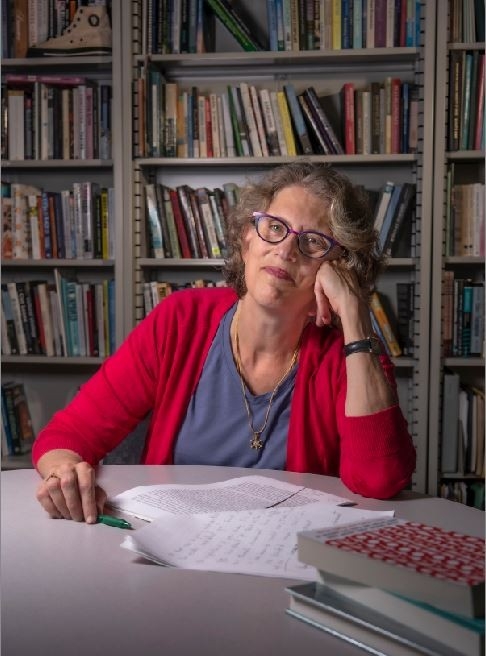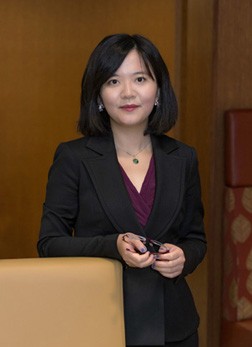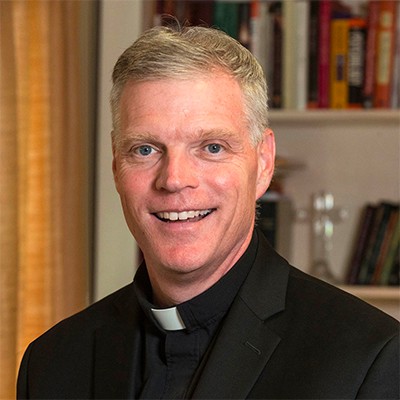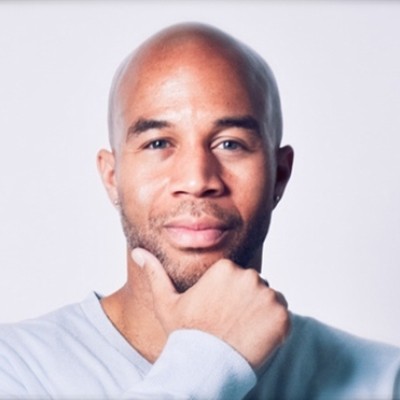Image by David Mark from Pixabay
Boston College will host a major conference on April 21 to discuss a global research trial—for which BC is the lead academic institution—centered around the four-day workweek.
The daylong “Conference on the Four Day Week” will take place in the Heights Room of Corcoran Commons, and is free and open to the public.
More than 150 companies with some 2,500 employees have implemented four-day, 32-hour schedules as part of the research trial. At the conference, company representatives and researchers will discuss findings and share other impressions of the four-day workweek. Attendees will hear from participating companies about the advantages and challenges of instituting reduced work time, how they prepared to make the shift, and lessons learned.



Boston College faculty members (l-r) Professor of Sociology Juliet Schor, Associate Professor of Sociology Wen Fan, and Economics Associate Professor of the Practice Matt Rutledge have played a leadership role in the research trial and will speak at the conference.
Researchers will speak about the effects of a shortened workweek on company productivity and performance, employee impact (stress, work-life balance, well-being, and time use), and the environmental impact of reduced work time.
Among the conference speakers are three Boston College faculty members who have played a leadership role in the research trial: Professor of Sociology Juliet Schor, Associate Professor of Sociology Wen Fan, and Economics Associate Professor of the Practice Matt Rutledge. Other BC-affiliated speakers include Haub Vice President for University Mission and Ministry Jack Butler, S.J., and Associate Professor of Sociology C. Shawn McGuffey, former director of African and African Diaspora Studies.
A highlight of the conference will be an appearance via Zoom of Andrew Barnes, considered the pioneer and architect of the global four-day week movement, and his partner Charlotte Lockhart, who along with Barnes founded 4 Day Week Global (4DWG)—a locus for information and resources on the four-day week and the impetus behind the clinical trials in which BC is involved. In addition, United States Rep. Mark Takano (D-Calif.), who recently introduced a bill that would officially reduce the standard workweek from 40 to 32 hours, will provide a pre-recorded video.

Haub Vice President for Univeristy Mission and Ministry Jack Butler, S.J.
Experts from several sectors—such as academia, human resources, health care, and nonprofit—also will offer their perspectives on the four-day week at the conference.
“This will be the first conference that we know of devoted to research on the four-day week, as well as participation from companies who have adopted this new schedule,” said Schor, who along with Fr. Butler will provide an introduction at the outset of the conference. “Our findings from the first four trials, as well as findings from other speakers at the conference, are showing that reduced worktime can benefit not only employees, but also employers and the climate.

C. Shawn McGuffey, associate professor of sociology and former director of African & African Diaspora Studies
“It’s a multi-dividend innovation that speaks to urgent needs in our workplaces, communities, and on our planet. We think it’s important because this is a movement with growing momentum, including at the legislative level.”
Rutledge, noting the important role BC researchers have played in the four-day workweek trials, said, “It’s great when research can be put into action, to see if we can help workers and their employers to find mutually beneficial changes to work practices. I’m looking forward to moderating a session of researchers evaluating these trials, and to participating in the small group sessions at the end of the conference day.”
The Conference on the Four Day Week is funded by the Boston College Institute for the Liberal Arts and co-sponsored by the BC Center for Work and Family, BC School of Social Work, Lynch School of Education and Human Development, the departments of Economics, History, Sociology, and Theology, and the Irish Studies Program.
Registration and other event details available at the ILA website.
University Communications | April 2023



